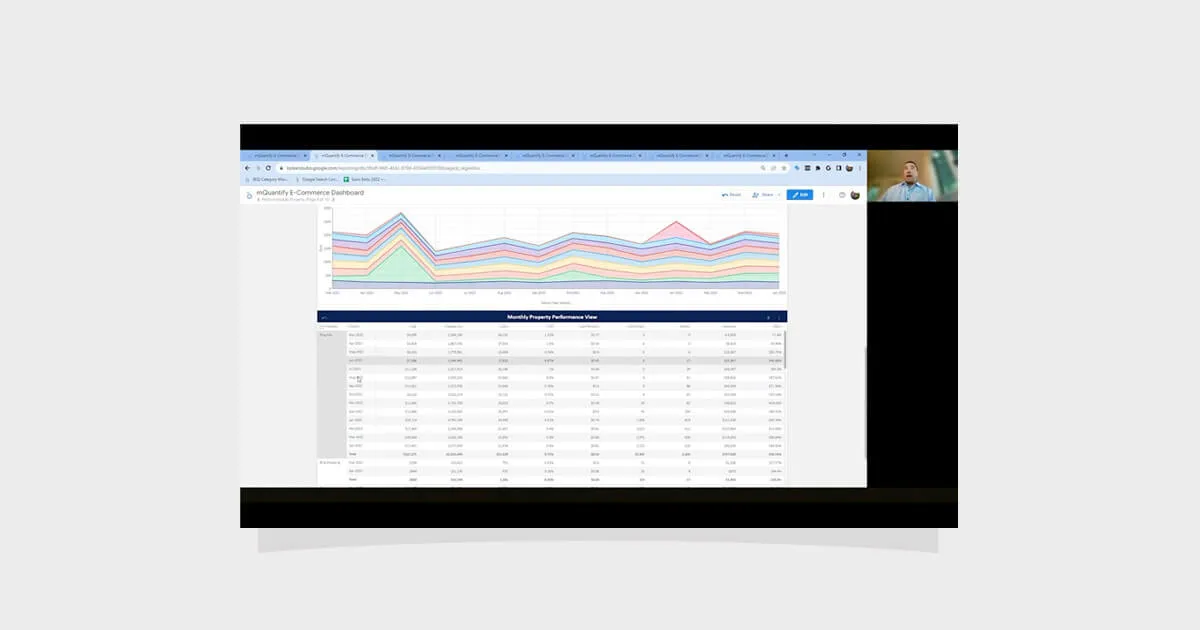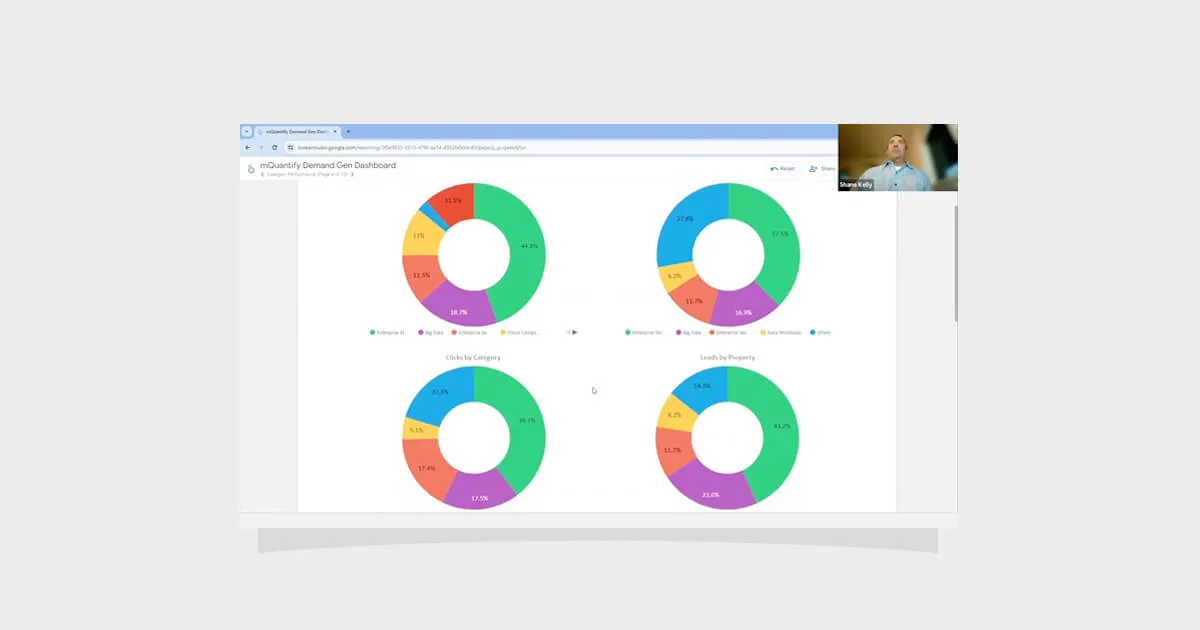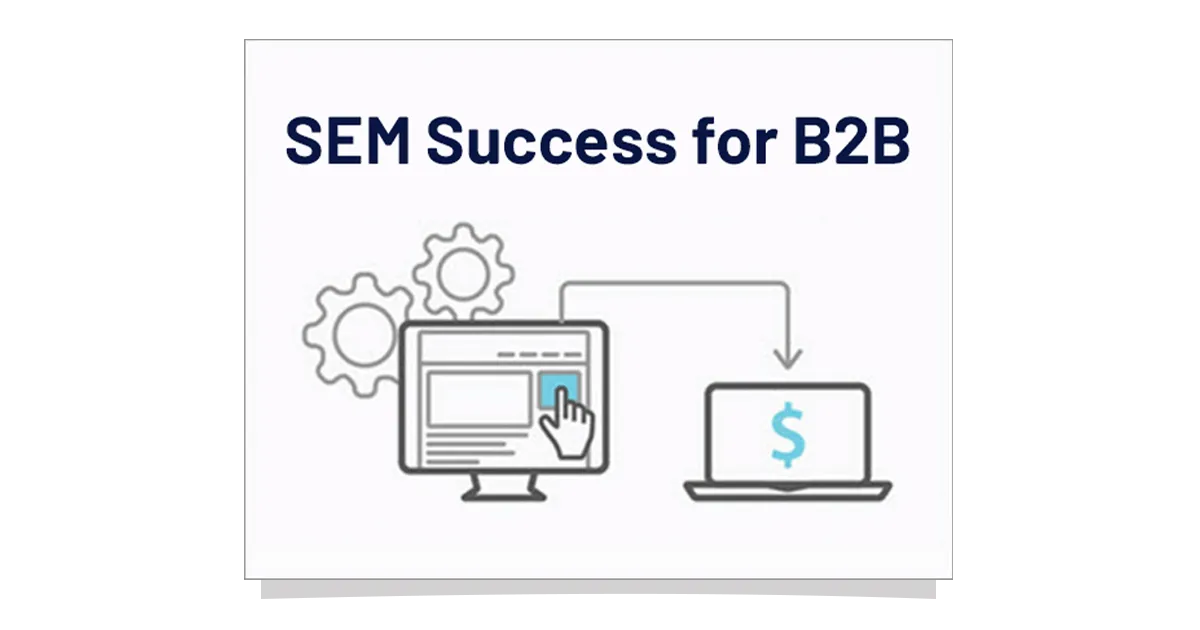Why CMOs Are Choosing Agencies Over In-House Teams

In a time where marketing complexity increases by the quarter – spanning paid media, AI-generated content, customer data platforms, and shifting consumer behaviors; CMOs are under pressure to move faster, prove ROI, and continuously drive business growth. Regardless of vertical or line of business, each CMO faces the same challenge and needs to make the same strategic decision: should marketing capabilities be built in-house, or should they be sourced through an agency partnership?
While both paths have merit, today, more than ever, an increasing number of CMOs are choosing to partner externally, vs building an in-house team. This is not due to a lack of internal team ambition, but an agency partnership allows for increased agility, expertise, and working speed in a way that is hard to match utilizing an internal resources. In today’s competitive business environment, speed, agility, and expertise aren’t just advantages; they’re strategic requirements.
In 2025, hiring an agency is no longer about outsourcing specific skills; it’s about amplifying the skillset of your current team. Agencies bring a rare skillset to the table; coupling specialized skills with cross-industry experience. They serve as an enhancement for internal teams, complementing in-house brand knowledge, with a robust layer of external perspective, innovation, and attention to detail. Think about it in the context of a group project. When working in groups, there are always people who rise to the top, and lead the team to success. When you partner with the right agency, the agency team is traditionally stacked with high-performing individuals ready to help you meet and exceed your goals and objectives.
1. Financial Efficiency Meets Operational Leverage
Dollar for dollar, agencies consistently outperform internal teams in delivering high-impact outcomes when compared against internal teams with a similar skillset. Not only do agencies consolidate roles and processes, they are able ot avoid internal red tape, increasing the rate at which work can be performed. They also eliminate hidden many costs—like hiring time, turnover, training, onboarding, PTO, benefits, and more. With agencies, investment becomes predictable, scalable, and focused on driving the desired outcomes.
2. Strategic Focus for the CMO
CMOs should be operating at the intersection of business growth, customer experience, and innovation. Their time should be spent driving strategy, not being mired in campaign details. They should not be in the weeds of campaign QC, creative reviews and revisions, or helping to sort through targeting and executional details. By offloading these executional items, and gaining a team that understands your business goals and objectives, CMOs gain back the most valuable resource: time. Time to drive strategy. Time to lead growth initiatives. Time to influence the boardroom, investors, and other sr. leaders at their company. Time to meet with their team for coaching and development opportunities.
3. Innovation on Demand
In-house teams often internally innovate based on company culture, structure, and biases of the organization they work for. However, an agency partner performs outward innovation; incorporating learnings from other clients, verticals, emerging platforms, beta programs, and tests; then working to adapt these experiences to the challenges of a specific client. By leveraging external resources using outward innovation practices, clients are positioned at the forefront of learnings and market innovation, without needing additional internal resources.
4. Organizational Agility Without Structural Disruption
The pace of modern marketing demands the ability to rapidly pivot adapting to the everchanging marketing landscape. Alongside these required pivots, the goal is to make these changes without causing internal disruptions for the client team. Do you need to reallocate investment by channel, tactic, or pacing mid-quarter or month? Augment in-market tactics to accommodate a new product launch? Or test a new tracking within your martech stack? The proper agency partner can do all of this and more without restructuring headcount, or rewriting job descriptions. They can navigate all of the above scenarios (and more) with ease without any added stress to the CMO of their in-house team.
5. A Partner Aligned to Performance, not Employee Promotions
Most importantly, agency relationships are founded in performance accountability. Unlike in-house teams, whose performance and incentives are blended with internal culture, politics, or tenure; agencies are typically aligned to performance KPIs, and brand/business impact. They don’t solely provide recommendations, they assume responsibility and ownership of the project, allowing the internal team to focus on other priority items.
For modern CMOs, partnering with an agency isn’t about replacing internal talent, it’s about amplifying it. It is about adding capabilities and experienced talent to the team, without expanding headcount. It is about creating an environment grounded in performance and accountability; resulting in a hybrid team environment which is leaner, faster, and experienced; all driving towards a joint goal of increased performance and long lasting company impact.
In today’s everchanging marketing landscape, competitive advantage does not always lie in what you can do independently with an internal team; but in who you choose to partner with standing side by side as a united front.
Looking for a partner who moves as fast as you do? At Overdrive we act as an extension of your team—bringing bold ideas, cross-industry expertise, and performance-driven execution to help CMOs deliver real results, faster. Your team just got bigger. Say hello.
Why CMOs Are Choosing Agencies Over In-House Teams

Download the guide to:
In a time where marketing complexity increases by the quarter – spanning paid media, AI-generated content, customer data platforms, and shifting consumer behaviors; CMOs are under pressure to move faster, prove ROI, and continuously drive business growth. Regardless of vertical or line of business, each CMO faces the same challenge and needs to make the same strategic decision: should marketing capabilities be built in-house, or should they be sourced through an agency partnership?
While both paths have merit, today, more than ever, an increasing number of CMOs are choosing to partner externally, vs building an in-house team. This is not due to a lack of internal team ambition, but an agency partnership allows for increased agility, expertise, and working speed in a way that is hard to match utilizing an internal resources. In today’s competitive business environment, speed, agility, and expertise aren’t just advantages; they’re strategic requirements.
In 2025, hiring an agency is no longer about outsourcing specific skills; it’s about amplifying the skillset of your current team. Agencies bring a rare skillset to the table; coupling specialized skills with cross-industry experience. They serve as an enhancement for internal teams, complementing in-house brand knowledge, with a robust layer of external perspective, innovation, and attention to detail. Think about it in the context of a group project. When working in groups, there are always people who rise to the top, and lead the team to success. When you partner with the right agency, the agency team is traditionally stacked with high-performing individuals ready to help you meet and exceed your goals and objectives.
1. Financial Efficiency Meets Operational Leverage
Dollar for dollar, agencies consistently outperform internal teams in delivering high-impact outcomes when compared against internal teams with a similar skillset. Not only do agencies consolidate roles and processes, they are able ot avoid internal red tape, increasing the rate at which work can be performed. They also eliminate hidden many costs—like hiring time, turnover, training, onboarding, PTO, benefits, and more. With agencies, investment becomes predictable, scalable, and focused on driving the desired outcomes.
2. Strategic Focus for the CMO
CMOs should be operating at the intersection of business growth, customer experience, and innovation. Their time should be spent driving strategy, not being mired in campaign details. They should not be in the weeds of campaign QC, creative reviews and revisions, or helping to sort through targeting and executional details. By offloading these executional items, and gaining a team that understands your business goals and objectives, CMOs gain back the most valuable resource: time. Time to drive strategy. Time to lead growth initiatives. Time to influence the boardroom, investors, and other sr. leaders at their company. Time to meet with their team for coaching and development opportunities.
3. Innovation on Demand
In-house teams often internally innovate based on company culture, structure, and biases of the organization they work for. However, an agency partner performs outward innovation; incorporating learnings from other clients, verticals, emerging platforms, beta programs, and tests; then working to adapt these experiences to the challenges of a specific client. By leveraging external resources using outward innovation practices, clients are positioned at the forefront of learnings and market innovation, without needing additional internal resources.
4. Organizational Agility Without Structural Disruption
The pace of modern marketing demands the ability to rapidly pivot adapting to the everchanging marketing landscape. Alongside these required pivots, the goal is to make these changes without causing internal disruptions for the client team. Do you need to reallocate investment by channel, tactic, or pacing mid-quarter or month? Augment in-market tactics to accommodate a new product launch? Or test a new tracking within your martech stack? The proper agency partner can do all of this and more without restructuring headcount, or rewriting job descriptions. They can navigate all of the above scenarios (and more) with ease without any added stress to the CMO of their in-house team.
5. A Partner Aligned to Performance, not Employee Promotions
Most importantly, agency relationships are founded in performance accountability. Unlike in-house teams, whose performance and incentives are blended with internal culture, politics, or tenure; agencies are typically aligned to performance KPIs, and brand/business impact. They don’t solely provide recommendations, they assume responsibility and ownership of the project, allowing the internal team to focus on other priority items.
For modern CMOs, partnering with an agency isn’t about replacing internal talent, it’s about amplifying it. It is about adding capabilities and experienced talent to the team, without expanding headcount. It is about creating an environment grounded in performance and accountability; resulting in a hybrid team environment which is leaner, faster, and experienced; all driving towards a joint goal of increased performance and long lasting company impact.
In today’s everchanging marketing landscape, competitive advantage does not always lie in what you can do independently with an internal team; but in who you choose to partner with standing side by side as a united front.
Looking for a partner who moves as fast as you do? At Overdrive we act as an extension of your team—bringing bold ideas, cross-industry expertise, and performance-driven execution to help CMOs deliver real results, faster. Your team just got bigger. Say hello.
Why CMOs Are Choosing Agencies Over In-House Teams

Download the guide to:
In a time where marketing complexity increases by the quarter – spanning paid media, AI-generated content, customer data platforms, and shifting consumer behaviors; CMOs are under pressure to move faster, prove ROI, and continuously drive business growth. Regardless of vertical or line of business, each CMO faces the same challenge and needs to make the same strategic decision: should marketing capabilities be built in-house, or should they be sourced through an agency partnership?
While both paths have merit, today, more than ever, an increasing number of CMOs are choosing to partner externally, vs building an in-house team. This is not due to a lack of internal team ambition, but an agency partnership allows for increased agility, expertise, and working speed in a way that is hard to match utilizing an internal resources. In today’s competitive business environment, speed, agility, and expertise aren’t just advantages; they’re strategic requirements.
In 2025, hiring an agency is no longer about outsourcing specific skills; it’s about amplifying the skillset of your current team. Agencies bring a rare skillset to the table; coupling specialized skills with cross-industry experience. They serve as an enhancement for internal teams, complementing in-house brand knowledge, with a robust layer of external perspective, innovation, and attention to detail. Think about it in the context of a group project. When working in groups, there are always people who rise to the top, and lead the team to success. When you partner with the right agency, the agency team is traditionally stacked with high-performing individuals ready to help you meet and exceed your goals and objectives.
1. Financial Efficiency Meets Operational Leverage
Dollar for dollar, agencies consistently outperform internal teams in delivering high-impact outcomes when compared against internal teams with a similar skillset. Not only do agencies consolidate roles and processes, they are able ot avoid internal red tape, increasing the rate at which work can be performed. They also eliminate hidden many costs—like hiring time, turnover, training, onboarding, PTO, benefits, and more. With agencies, investment becomes predictable, scalable, and focused on driving the desired outcomes.
2. Strategic Focus for the CMO
CMOs should be operating at the intersection of business growth, customer experience, and innovation. Their time should be spent driving strategy, not being mired in campaign details. They should not be in the weeds of campaign QC, creative reviews and revisions, or helping to sort through targeting and executional details. By offloading these executional items, and gaining a team that understands your business goals and objectives, CMOs gain back the most valuable resource: time. Time to drive strategy. Time to lead growth initiatives. Time to influence the boardroom, investors, and other sr. leaders at their company. Time to meet with their team for coaching and development opportunities.
3. Innovation on Demand
In-house teams often internally innovate based on company culture, structure, and biases of the organization they work for. However, an agency partner performs outward innovation; incorporating learnings from other clients, verticals, emerging platforms, beta programs, and tests; then working to adapt these experiences to the challenges of a specific client. By leveraging external resources using outward innovation practices, clients are positioned at the forefront of learnings and market innovation, without needing additional internal resources.
4. Organizational Agility Without Structural Disruption
The pace of modern marketing demands the ability to rapidly pivot adapting to the everchanging marketing landscape. Alongside these required pivots, the goal is to make these changes without causing internal disruptions for the client team. Do you need to reallocate investment by channel, tactic, or pacing mid-quarter or month? Augment in-market tactics to accommodate a new product launch? Or test a new tracking within your martech stack? The proper agency partner can do all of this and more without restructuring headcount, or rewriting job descriptions. They can navigate all of the above scenarios (and more) with ease without any added stress to the CMO of their in-house team.
5. A Partner Aligned to Performance, not Employee Promotions
Most importantly, agency relationships are founded in performance accountability. Unlike in-house teams, whose performance and incentives are blended with internal culture, politics, or tenure; agencies are typically aligned to performance KPIs, and brand/business impact. They don’t solely provide recommendations, they assume responsibility and ownership of the project, allowing the internal team to focus on other priority items.
For modern CMOs, partnering with an agency isn’t about replacing internal talent, it’s about amplifying it. It is about adding capabilities and experienced talent to the team, without expanding headcount. It is about creating an environment grounded in performance and accountability; resulting in a hybrid team environment which is leaner, faster, and experienced; all driving towards a joint goal of increased performance and long lasting company impact.
In today’s everchanging marketing landscape, competitive advantage does not always lie in what you can do independently with an internal team; but in who you choose to partner with standing side by side as a united front.
Looking for a partner who moves as fast as you do? At Overdrive we act as an extension of your team—bringing bold ideas, cross-industry expertise, and performance-driven execution to help CMOs deliver real results, faster. Your team just got bigger. Say hello.
Why CMOs Are Choosing Agencies Over In-House Teams

Key Insights From Our Research
In a time where marketing complexity increases by the quarter – spanning paid media, AI-generated content, customer data platforms, and shifting consumer behaviors; CMOs are under pressure to move faster, prove ROI, and continuously drive business growth. Regardless of vertical or line of business, each CMO faces the same challenge and needs to make the same strategic decision: should marketing capabilities be built in-house, or should they be sourced through an agency partnership?
While both paths have merit, today, more than ever, an increasing number of CMOs are choosing to partner externally, vs building an in-house team. This is not due to a lack of internal team ambition, but an agency partnership allows for increased agility, expertise, and working speed in a way that is hard to match utilizing an internal resources. In today’s competitive business environment, speed, agility, and expertise aren’t just advantages; they’re strategic requirements.
In 2025, hiring an agency is no longer about outsourcing specific skills; it’s about amplifying the skillset of your current team. Agencies bring a rare skillset to the table; coupling specialized skills with cross-industry experience. They serve as an enhancement for internal teams, complementing in-house brand knowledge, with a robust layer of external perspective, innovation, and attention to detail. Think about it in the context of a group project. When working in groups, there are always people who rise to the top, and lead the team to success. When you partner with the right agency, the agency team is traditionally stacked with high-performing individuals ready to help you meet and exceed your goals and objectives.
1. Financial Efficiency Meets Operational Leverage
Dollar for dollar, agencies consistently outperform internal teams in delivering high-impact outcomes when compared against internal teams with a similar skillset. Not only do agencies consolidate roles and processes, they are able ot avoid internal red tape, increasing the rate at which work can be performed. They also eliminate hidden many costs—like hiring time, turnover, training, onboarding, PTO, benefits, and more. With agencies, investment becomes predictable, scalable, and focused on driving the desired outcomes.
2. Strategic Focus for the CMO
CMOs should be operating at the intersection of business growth, customer experience, and innovation. Their time should be spent driving strategy, not being mired in campaign details. They should not be in the weeds of campaign QC, creative reviews and revisions, or helping to sort through targeting and executional details. By offloading these executional items, and gaining a team that understands your business goals and objectives, CMOs gain back the most valuable resource: time. Time to drive strategy. Time to lead growth initiatives. Time to influence the boardroom, investors, and other sr. leaders at their company. Time to meet with their team for coaching and development opportunities.
3. Innovation on Demand
In-house teams often internally innovate based on company culture, structure, and biases of the organization they work for. However, an agency partner performs outward innovation; incorporating learnings from other clients, verticals, emerging platforms, beta programs, and tests; then working to adapt these experiences to the challenges of a specific client. By leveraging external resources using outward innovation practices, clients are positioned at the forefront of learnings and market innovation, without needing additional internal resources.
4. Organizational Agility Without Structural Disruption
The pace of modern marketing demands the ability to rapidly pivot adapting to the everchanging marketing landscape. Alongside these required pivots, the goal is to make these changes without causing internal disruptions for the client team. Do you need to reallocate investment by channel, tactic, or pacing mid-quarter or month? Augment in-market tactics to accommodate a new product launch? Or test a new tracking within your martech stack? The proper agency partner can do all of this and more without restructuring headcount, or rewriting job descriptions. They can navigate all of the above scenarios (and more) with ease without any added stress to the CMO of their in-house team.
5. A Partner Aligned to Performance, not Employee Promotions
Most importantly, agency relationships are founded in performance accountability. Unlike in-house teams, whose performance and incentives are blended with internal culture, politics, or tenure; agencies are typically aligned to performance KPIs, and brand/business impact. They don’t solely provide recommendations, they assume responsibility and ownership of the project, allowing the internal team to focus on other priority items.
For modern CMOs, partnering with an agency isn’t about replacing internal talent, it’s about amplifying it. It is about adding capabilities and experienced talent to the team, without expanding headcount. It is about creating an environment grounded in performance and accountability; resulting in a hybrid team environment which is leaner, faster, and experienced; all driving towards a joint goal of increased performance and long lasting company impact.
In today’s everchanging marketing landscape, competitive advantage does not always lie in what you can do independently with an internal team; but in who you choose to partner with standing side by side as a united front.
Looking for a partner who moves as fast as you do? At Overdrive we act as an extension of your team—bringing bold ideas, cross-industry expertise, and performance-driven execution to help CMOs deliver real results, faster. Your team just got bigger. Say hello.
Why CMOs Are Choosing Agencies Over In-House Teams
Get the Complete Whitepaper
Why CMOs Are Choosing Agencies Over In-House Teams
In a time where marketing complexity increases by the quarter – spanning paid media, AI-generated content, customer data platforms, and shifting consumer behaviors; CMOs are under pressure to move faster, prove ROI, and continuously drive business growth. Regardless of vertical or line of business, each CMO faces the same challenge and needs to make the same strategic decision: should marketing capabilities be built in-house, or should they be sourced through an agency partnership?
While both paths have merit, today, more than ever, an increasing number of CMOs are choosing to partner externally, vs building an in-house team. This is not due to a lack of internal team ambition, but an agency partnership allows for increased agility, expertise, and working speed in a way that is hard to match utilizing an internal resources. In today’s competitive business environment, speed, agility, and expertise aren’t just advantages; they’re strategic requirements.
In 2025, hiring an agency is no longer about outsourcing specific skills; it’s about amplifying the skillset of your current team. Agencies bring a rare skillset to the table; coupling specialized skills with cross-industry experience. They serve as an enhancement for internal teams, complementing in-house brand knowledge, with a robust layer of external perspective, innovation, and attention to detail. Think about it in the context of a group project. When working in groups, there are always people who rise to the top, and lead the team to success. When you partner with the right agency, the agency team is traditionally stacked with high-performing individuals ready to help you meet and exceed your goals and objectives.
1. Financial Efficiency Meets Operational Leverage
Dollar for dollar, agencies consistently outperform internal teams in delivering high-impact outcomes when compared against internal teams with a similar skillset. Not only do agencies consolidate roles and processes, they are able ot avoid internal red tape, increasing the rate at which work can be performed. They also eliminate hidden many costs—like hiring time, turnover, training, onboarding, PTO, benefits, and more. With agencies, investment becomes predictable, scalable, and focused on driving the desired outcomes.
2. Strategic Focus for the CMO
CMOs should be operating at the intersection of business growth, customer experience, and innovation. Their time should be spent driving strategy, not being mired in campaign details. They should not be in the weeds of campaign QC, creative reviews and revisions, or helping to sort through targeting and executional details. By offloading these executional items, and gaining a team that understands your business goals and objectives, CMOs gain back the most valuable resource: time. Time to drive strategy. Time to lead growth initiatives. Time to influence the boardroom, investors, and other sr. leaders at their company. Time to meet with their team for coaching and development opportunities.
3. Innovation on Demand
In-house teams often internally innovate based on company culture, structure, and biases of the organization they work for. However, an agency partner performs outward innovation; incorporating learnings from other clients, verticals, emerging platforms, beta programs, and tests; then working to adapt these experiences to the challenges of a specific client. By leveraging external resources using outward innovation practices, clients are positioned at the forefront of learnings and market innovation, without needing additional internal resources.
4. Organizational Agility Without Structural Disruption
The pace of modern marketing demands the ability to rapidly pivot adapting to the everchanging marketing landscape. Alongside these required pivots, the goal is to make these changes without causing internal disruptions for the client team. Do you need to reallocate investment by channel, tactic, or pacing mid-quarter or month? Augment in-market tactics to accommodate a new product launch? Or test a new tracking within your martech stack? The proper agency partner can do all of this and more without restructuring headcount, or rewriting job descriptions. They can navigate all of the above scenarios (and more) with ease without any added stress to the CMO of their in-house team.
5. A Partner Aligned to Performance, not Employee Promotions
Most importantly, agency relationships are founded in performance accountability. Unlike in-house teams, whose performance and incentives are blended with internal culture, politics, or tenure; agencies are typically aligned to performance KPIs, and brand/business impact. They don’t solely provide recommendations, they assume responsibility and ownership of the project, allowing the internal team to focus on other priority items.
For modern CMOs, partnering with an agency isn’t about replacing internal talent, it’s about amplifying it. It is about adding capabilities and experienced talent to the team, without expanding headcount. It is about creating an environment grounded in performance and accountability; resulting in a hybrid team environment which is leaner, faster, and experienced; all driving towards a joint goal of increased performance and long lasting company impact.
In today’s everchanging marketing landscape, competitive advantage does not always lie in what you can do independently with an internal team; but in who you choose to partner with standing side by side as a united front.
Looking for a partner who moves as fast as you do? At Overdrive we act as an extension of your team—bringing bold ideas, cross-industry expertise, and performance-driven execution to help CMOs deliver real results, faster. Your team just got bigger. Say hello.

Why CMOs Are Choosing Agencies Over In-House Teams
Get the Slides
Why CMOs Are Choosing Agencies Over In-House Teams
In a time where marketing complexity increases by the quarter – spanning paid media, AI-generated content, customer data platforms, and shifting consumer behaviors; CMOs are under pressure to move faster, prove ROI, and continuously drive business growth. Regardless of vertical or line of business, each CMO faces the same challenge and needs to make the same strategic decision: should marketing capabilities be built in-house, or should they be sourced through an agency partnership?
While both paths have merit, today, more than ever, an increasing number of CMOs are choosing to partner externally, vs building an in-house team. This is not due to a lack of internal team ambition, but an agency partnership allows for increased agility, expertise, and working speed in a way that is hard to match utilizing an internal resources. In today’s competitive business environment, speed, agility, and expertise aren’t just advantages; they’re strategic requirements.
In 2025, hiring an agency is no longer about outsourcing specific skills; it’s about amplifying the skillset of your current team. Agencies bring a rare skillset to the table; coupling specialized skills with cross-industry experience. They serve as an enhancement for internal teams, complementing in-house brand knowledge, with a robust layer of external perspective, innovation, and attention to detail. Think about it in the context of a group project. When working in groups, there are always people who rise to the top, and lead the team to success. When you partner with the right agency, the agency team is traditionally stacked with high-performing individuals ready to help you meet and exceed your goals and objectives.
1. Financial Efficiency Meets Operational Leverage
Dollar for dollar, agencies consistently outperform internal teams in delivering high-impact outcomes when compared against internal teams with a similar skillset. Not only do agencies consolidate roles and processes, they are able ot avoid internal red tape, increasing the rate at which work can be performed. They also eliminate hidden many costs—like hiring time, turnover, training, onboarding, PTO, benefits, and more. With agencies, investment becomes predictable, scalable, and focused on driving the desired outcomes.
2. Strategic Focus for the CMO
CMOs should be operating at the intersection of business growth, customer experience, and innovation. Their time should be spent driving strategy, not being mired in campaign details. They should not be in the weeds of campaign QC, creative reviews and revisions, or helping to sort through targeting and executional details. By offloading these executional items, and gaining a team that understands your business goals and objectives, CMOs gain back the most valuable resource: time. Time to drive strategy. Time to lead growth initiatives. Time to influence the boardroom, investors, and other sr. leaders at their company. Time to meet with their team for coaching and development opportunities.
3. Innovation on Demand
In-house teams often internally innovate based on company culture, structure, and biases of the organization they work for. However, an agency partner performs outward innovation; incorporating learnings from other clients, verticals, emerging platforms, beta programs, and tests; then working to adapt these experiences to the challenges of a specific client. By leveraging external resources using outward innovation practices, clients are positioned at the forefront of learnings and market innovation, without needing additional internal resources.
4. Organizational Agility Without Structural Disruption
The pace of modern marketing demands the ability to rapidly pivot adapting to the everchanging marketing landscape. Alongside these required pivots, the goal is to make these changes without causing internal disruptions for the client team. Do you need to reallocate investment by channel, tactic, or pacing mid-quarter or month? Augment in-market tactics to accommodate a new product launch? Or test a new tracking within your martech stack? The proper agency partner can do all of this and more without restructuring headcount, or rewriting job descriptions. They can navigate all of the above scenarios (and more) with ease without any added stress to the CMO of their in-house team.
5. A Partner Aligned to Performance, not Employee Promotions
Most importantly, agency relationships are founded in performance accountability. Unlike in-house teams, whose performance and incentives are blended with internal culture, politics, or tenure; agencies are typically aligned to performance KPIs, and brand/business impact. They don’t solely provide recommendations, they assume responsibility and ownership of the project, allowing the internal team to focus on other priority items.
For modern CMOs, partnering with an agency isn’t about replacing internal talent, it’s about amplifying it. It is about adding capabilities and experienced talent to the team, without expanding headcount. It is about creating an environment grounded in performance and accountability; resulting in a hybrid team environment which is leaner, faster, and experienced; all driving towards a joint goal of increased performance and long lasting company impact.
In today’s everchanging marketing landscape, competitive advantage does not always lie in what you can do independently with an internal team; but in who you choose to partner with standing side by side as a united front.
Looking for a partner who moves as fast as you do? At Overdrive we act as an extension of your team—bringing bold ideas, cross-industry expertise, and performance-driven execution to help CMOs deliver real results, faster. Your team just got bigger. Say hello.

Why CMOs Are Choosing Agencies Over In-House Teams



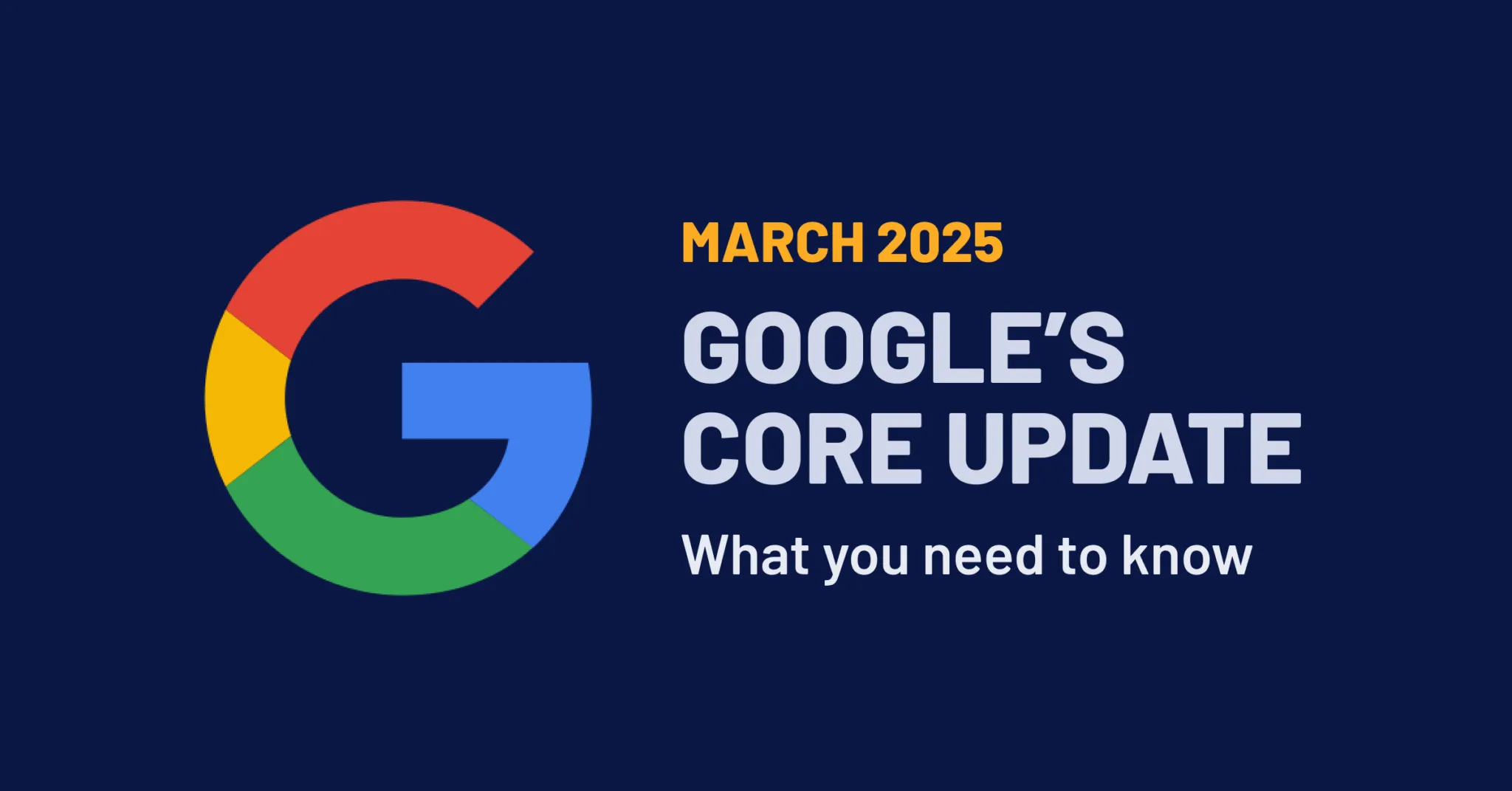


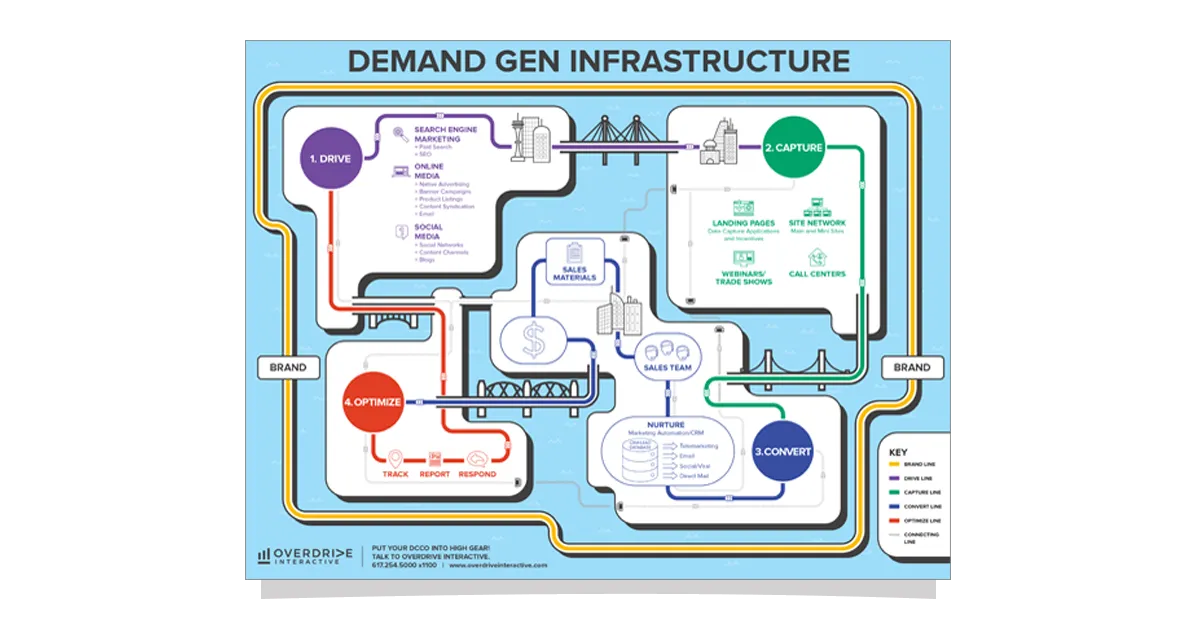
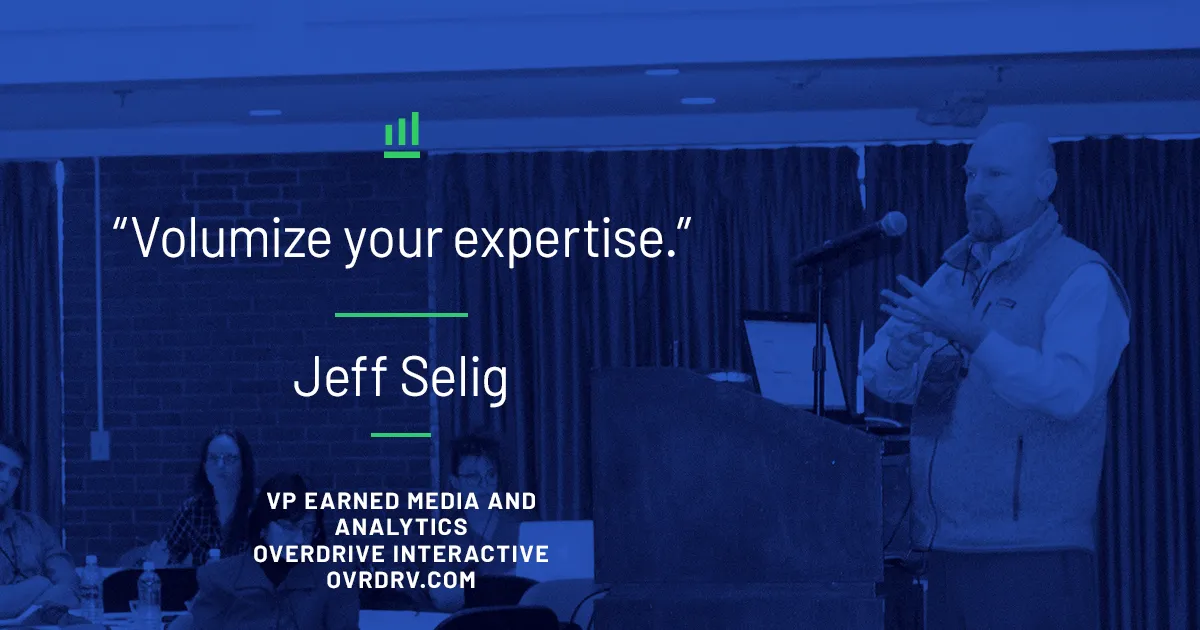
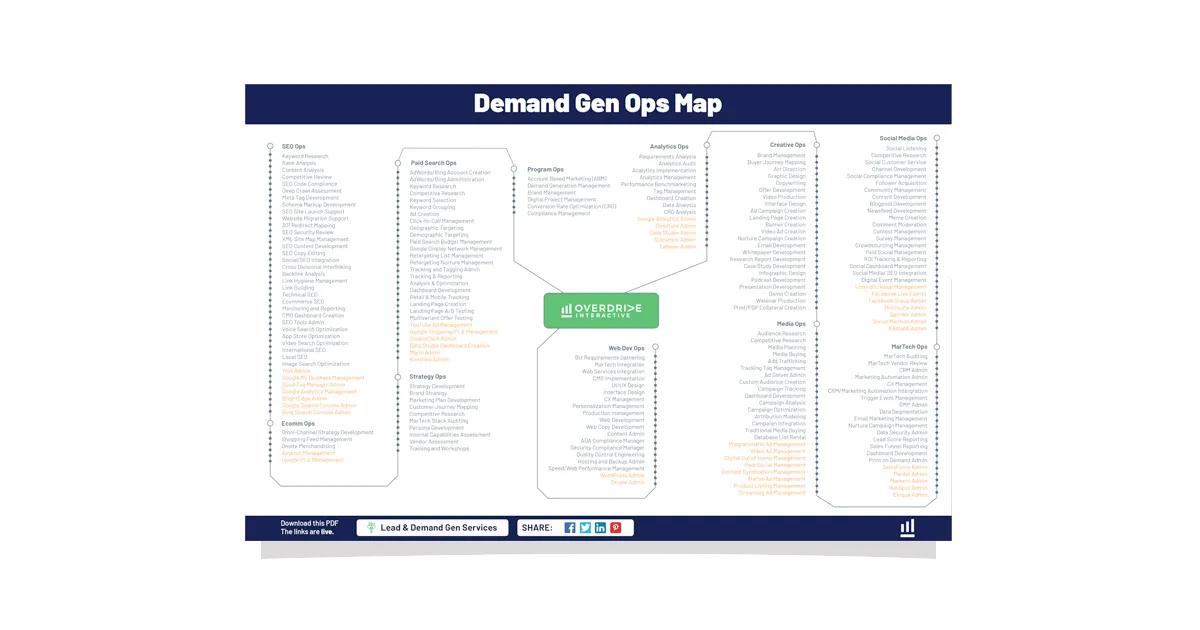
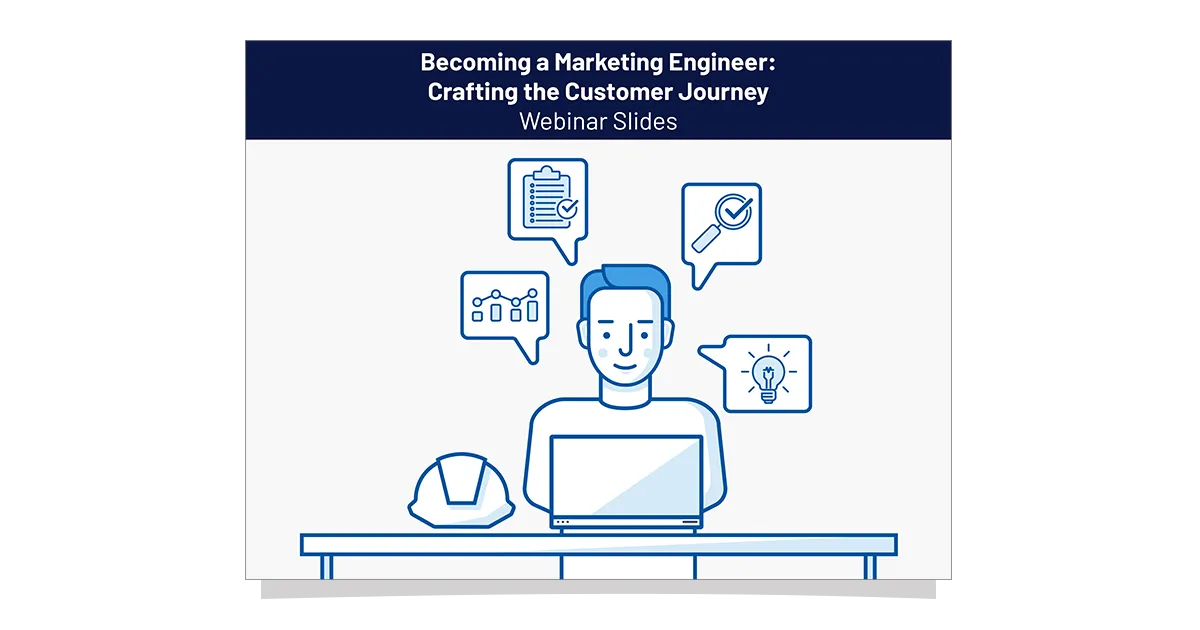
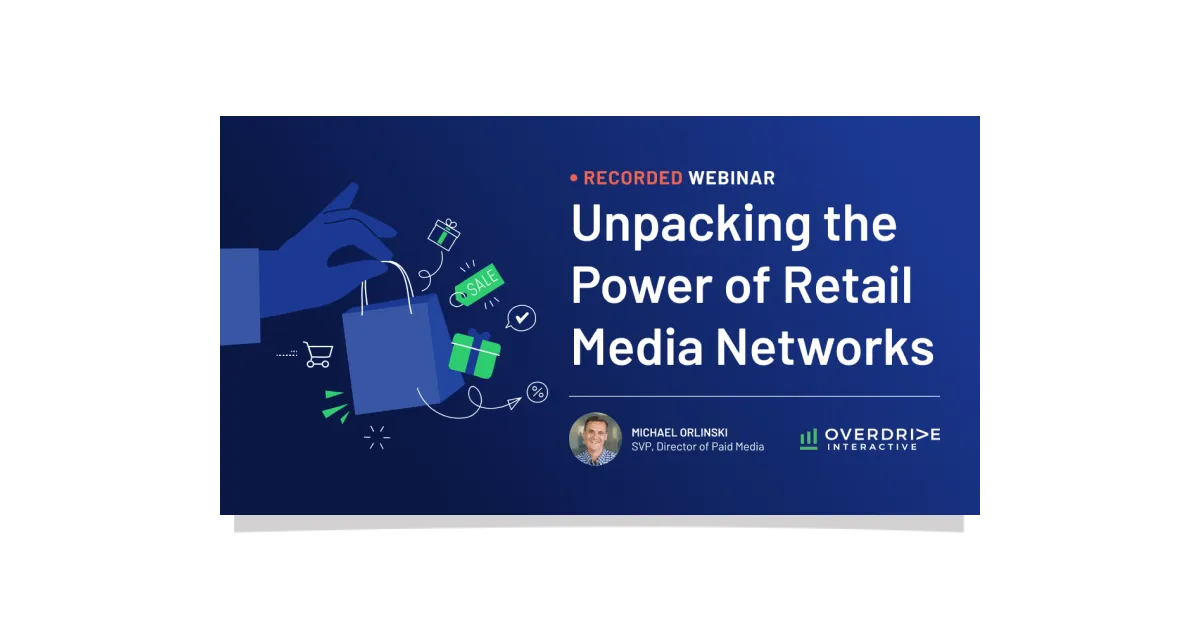
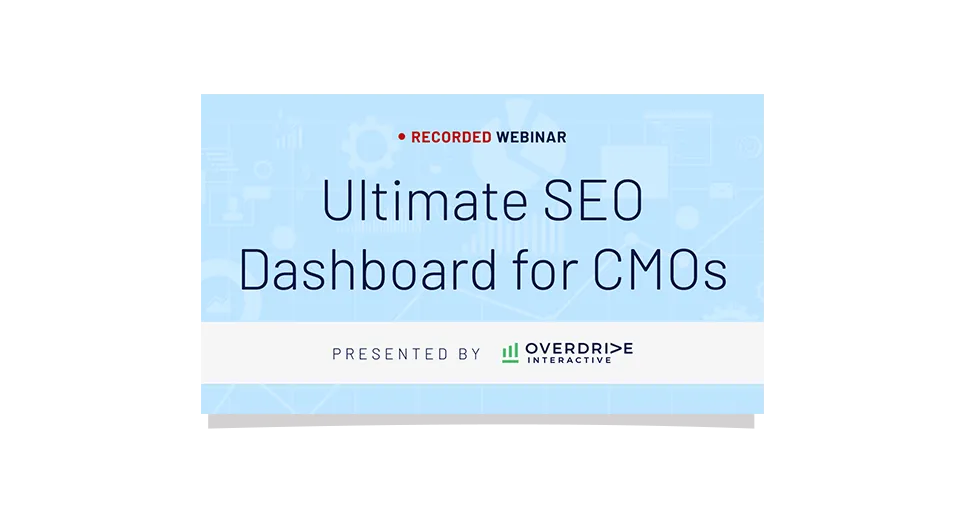
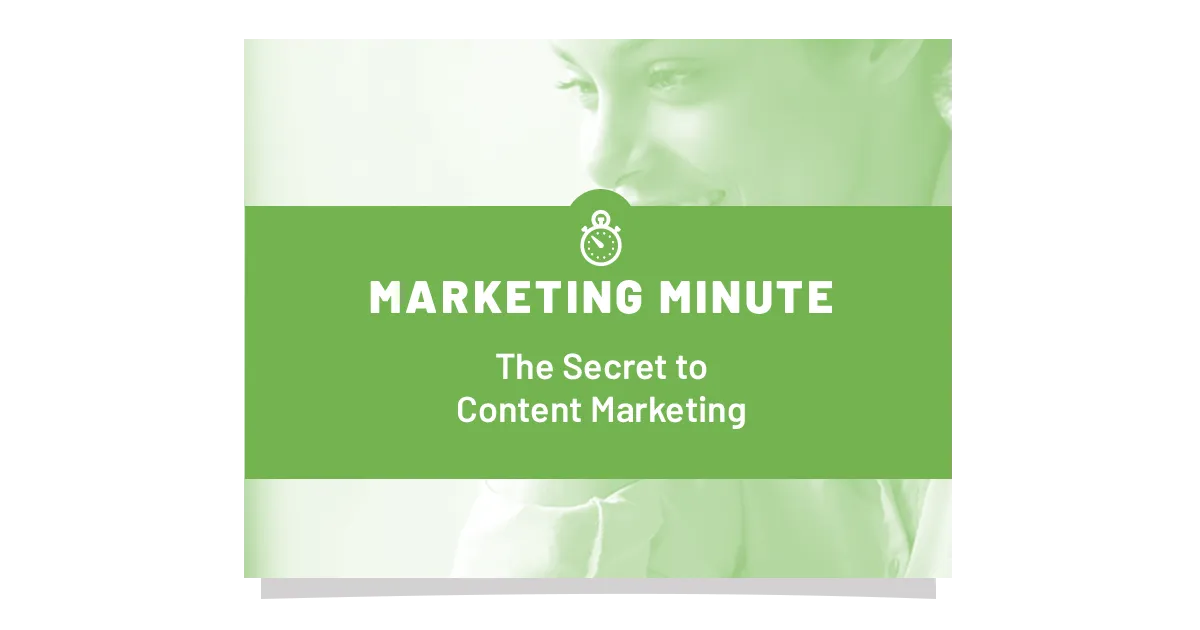
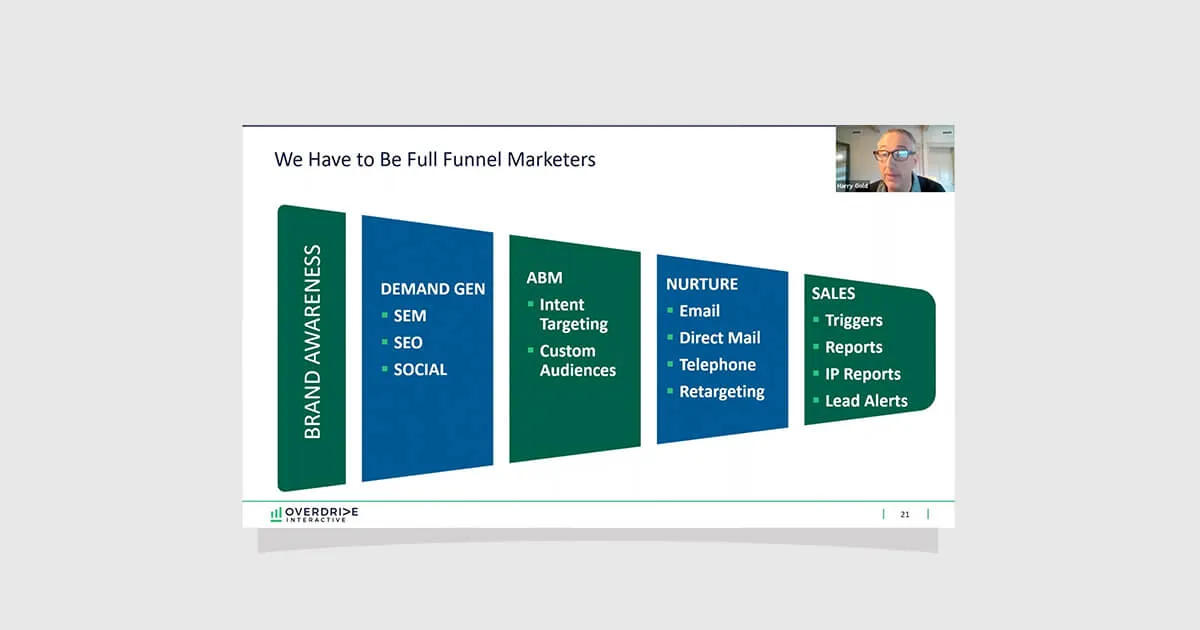
.webp)
